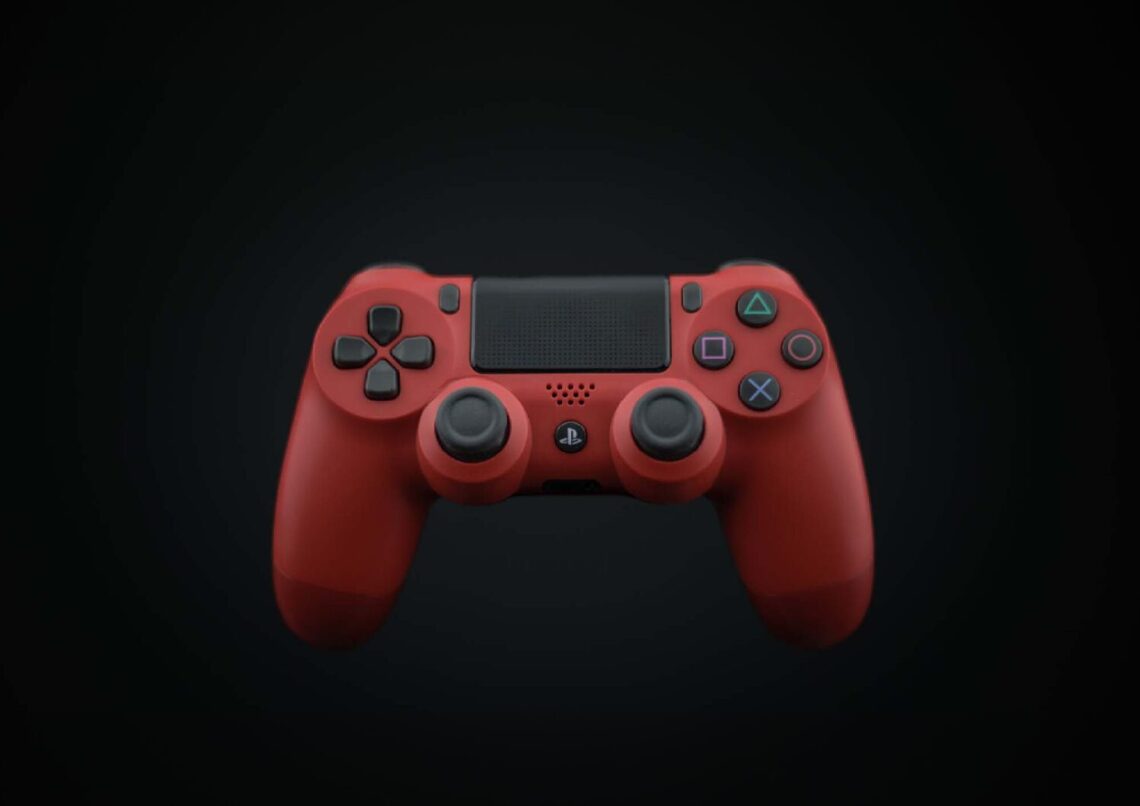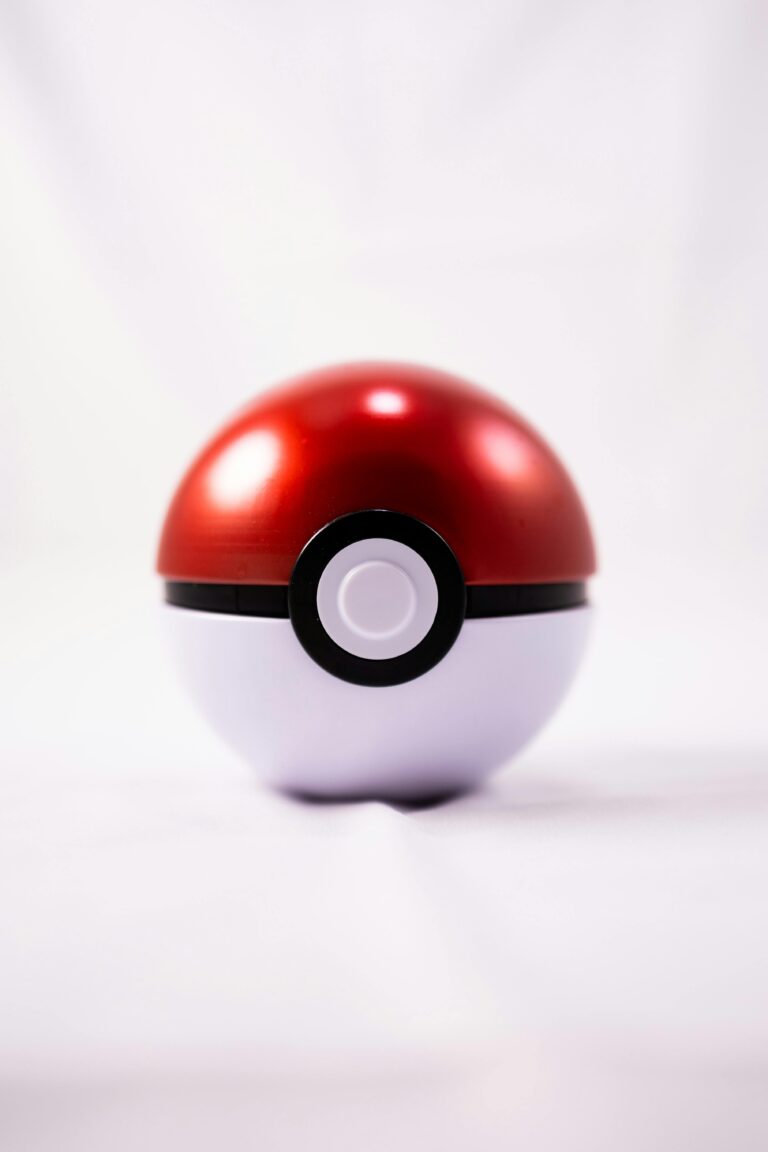Sony, the manufacturer of the PlayStation, abused its dominant position in the video game controller (‘controller’) market. It took technical measures that frustrated the correct functioning of controllers from ‘third party’ manufacturers. This resulted in a fine of 13.5 million euros imposed by the French competition authority, L’Autorité de la concurrence (”the French Authority”).
What is it about?
Sony released the PlayStation 4 in 2019. The console comes with accompanying controller Sony designed, the ‘DualShock 4’ (”the PS4 controller”). This controller is also available separately and is the best-selling accessory with the console. Three types of controllers can be distinguished:
- The controllers produced by Sony itself;
- Controllers produced by parties under licence from the Sony group; and
- Controllers produced by third parties that do not have an official Sony licence.
To combat counterfeit products, Sony takes technical measures and has an Official Licensed Product (‘OLP’) programme. Following a complaint by a French controller manufacturer, the French Authority investigated Sony’s alleged abuse of its dominant position in the controller market.
What has Sony done?
The French Authority finds that Sony holds a dominant position in the video game controller market and has abused it by engaging in the following two practices simultaneously:
- Technical measures to disconnect unlicensed/non-Sony manufactured controllers from its PlayStation 4; and
- Having an opaque licensing policy as part of the OLP programme that was difficult to understand and apply in practice.
The French Authority takes Sony’s position in the PS4 controller market as its point of comparison, which it does not include controllers from rival consoles and other accessories. These would not be sufficiently interchangeable to compete with controllers.
Sony’s practices and abuse of its dominant position
The French Authority finds that Sony has combined two practices that jointly result in the abuse of its dominant position.
Sony equips its own and licensee-produced controllers with a chip containing a unique identification number that allows Sony to recognise and identify the controllers. When Sony updates the PlayStation, it disables in bulk controllers that do not have such an identification number or a duplicated number. This harms the manufacturers of controllers outside the OLP programme.
As a result, the controllers no longer worked fully and properly resulting in reduced compatibility. Manufacturers then had to implement updates to make the controllers work again. In doing so, the French Authority ruled that this was not always easy, nor were these updates readily available. In fact, the updates had to be made by the manufacturers first. This allowed users to legitimately believe that the problem lay with product and manufacturer quality and not Sony.
In addition, the licensing policy that is part of the OLP programme is not clear enough and is difficult to apply in practice. Manufacturers who did want to be part of the programme did not get a straightforward answer back when they asked about the criteria to participate and did not manage to get it.
Where intellectual property and competition coincide
This case shows the tension between protecting intellectual property rights (including patents) and not being allowed to restrict competition. Sony may protect its intellectual property rights, this is also allowed under competition law. However, it must be proportionate and necessary.
Sony is invoking its trademark and patent rights. Sony hereby argues that unlicensed controllers by definition infringe these rights. It refers here to a number of patent cases it has won in Germany, this just does not automatically mean that there would also be infringement in France. Finally, Sony argues that consumers can also blame Sony for the malfunctioning of the controllers.
The French Authority argues that some of the patents relied on by Sony have already expired or are about to expire. In addition, Sony provides no other evidence that there was no other, less anti-competitive way to achieve the same objective. The only solution would be participation in the OLP programme, something that is seriously hampered in practice by Sony.
No (Dual)Shock: abuse of a dominant position is often investigated
This is not the first time a major party has been taken to task for abusing a dominant position. In July 2023, for instance, Apple was fined by the Consumer and Market Authority for abusing its economic dominance within the App Store. The European Commission has also announced an investigation into an alleged abuse of Apple’s dominant market position over its Apple Pay payment option and into Google for abusing its dominance in the advertising market.
For Sony, it is not the first time it has found itself in hot water either. In the UK, a mass tort claim is pending against its alleged dominant position within its PlayStation Store, the virtual shop where users can purchase video games.
Conclusion
The combination of, on the one hand, the widespread disconnection of controllers without an identification number and, on the other hand, an opaque and difficult-to-apply licensing policy makes the French Authority judge that Sony is abusing its dominant position in the video game controller market. Sony’s practice results in not only counterfeit controllers being targeted, but also controllers that it cannot prove are counterfeit or fraudulent.
This resulted in manufacturers having to contend with the (unannounced) disconnections of their controllers due to updates from Sony without making the OLP programme accessible.
These practices have damaged the (brand) reputation of manufacturers. This discouraged consumers from buying controllers produced by third-party manufacturers. This negative advertising also discouraged other potential buyers from choosing these controllers, making them more likely to drop their choice on Sony (or licensed) controllers.
The French Authority fined Sony for these practices, imposing a fine of €13,527,000.
As a firm, SOLV specialises in this intersection between IP and competition law. Do you have any questions following this blog or need advice on these topics? Then feel free to contact us.




